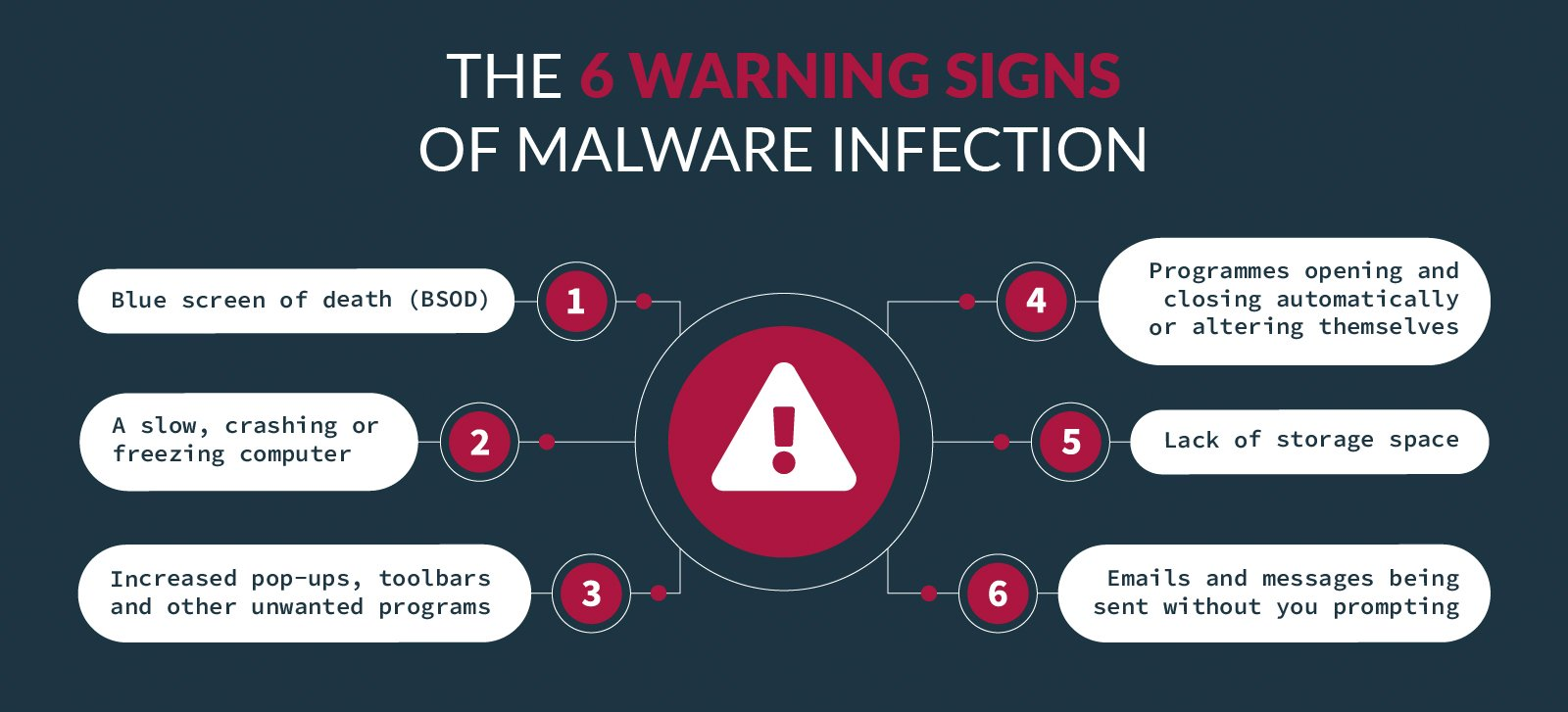Malicious software has a long history of destroying computer systems. Examples of these programs began appearing on IBM and Apple computers in the early 1980s. With the commercial internet and World Wide Web, however, this threat has become more complex and sophisticated. Some examples are shown below. In some cases, the software is used for legitimate purposes, but in others, it is malicious. No matter how it got on a computer, it almost always aims to steal or deceive the owner.
Malicious software is usually distributed in one of two ways. It can be distributed directly, but this requires a direct connection, such as yuna fashion app. Another way to get malware is to visit a site that has corrupted advertisements. Sometimes, it's spread by drive-by downloads. These infections are extremely dangerous because they can lock up your computer, or even steal personal information. Therefore, it's important to protect your computer against these attacks. To prevent these attacks, you must use antivirus software.
Malicious software attacks computer systems in several ways. It can infect computers and networks. Worms are particularly dangerous because they act like they have minds of their own. They are designed to replicate and infect new systems. As such, it's essential to install antivirus software that can detect and remove these threats. If you have any doubts, consult a professional IT security company. They can provide the assistance you need to ensure that your computer's security is safe.
Trojan Horse: This type of malware is a Trojan horse. It tries to trick users into installing it. Once installed, it allows the malicious party to access your computer and steal personal information. Other types of malware include spyware, adware, and rootkits. A rootkit lets unauthorized users access your computer, while ransomware encrypts your files and blocks access until you pay a ransom. Lastly, worms are another type of malicious software that infects computers in networks. It's designed to consume bandwidth and interfere with network connections.
There are many different types of malware. These viruses are able to copy themselves and infect other computers. They can also be delivered to computers physically, such as through a USB drive, via popular collaboration tools, or by a drive-by download. These infections can steal money and personal information. Some of these types are also highly harmful to the host computer. So, you should be wary of these programs. If you find them on your computer, you should immediately clean it up.
Malware has many different forms. Some forms are very dangerous, but you can take precautions to protect yourself against them. Remember to check the email attachments carefully, and never open attachments that are attached to malware. Regardless of what type of malicious software you encounter, it is important to protect your computer from viruses. You can easily delete these types of malware using antivirus products or install an anti-malware program. This will help you prevent the spread of viruses and stop the infections on your computer.
It can also be difficult to remove malware from your computer. You cannot uninstall it using conventional methods. In addition, it may require reinstalling your operating system. In addition, it may contain sensitive personal information, including your IP address. As a result, it is crucial to keep the data and personal data of everyone you work with protected. A virus can also steal confidential data from your system. If it is installed on your computer, it will delete all files that it can on its own.
There are many types of malware. Some of these are known as "trojans", and they often disguise themselves as a legitimate program to get into your computer. Once installed, these programs can steal personal information and financial information. They can also create backdoors that allow attackers to control your computer and access your private data. They are the most harmful type of malware. It's important to protect your computer from it. Once you've removed these infections, your PC will no longer be at risk.
A virus is a malicious software that holds your computer hostage. It blocks your access to your computer by encrypting all of its files and causing havoc. Typically, these types of malware are installed through an email attachment, downloaded file, or an End User License Agreement. They can monitor your browsing habits, and can even steal your credit card numbers. While these programs are harmless, the threat of malware can damage your computer is real.


